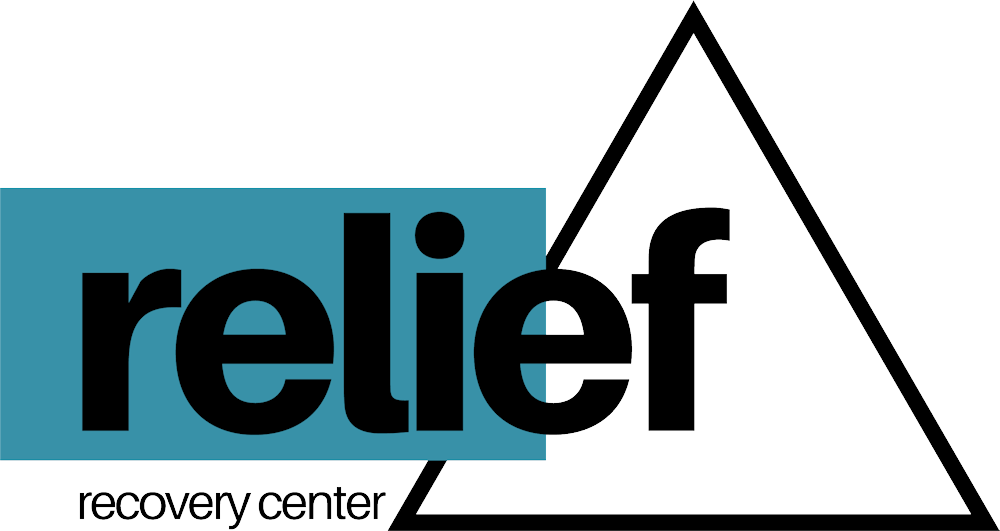Find the best alcohol treatment near you
Alcohol Addiction Treatment, South Shore
» Treatment »
Relief Recovery Center offers top rated alcohol addiction treatment in the South Shore, MA located right on beautiful Cape Cod. Recover from alcohol abuse with Relief Recovery Center.
Alcohol Use Disorder (AUD) is a chronic and potentially fatal disease that affects millions of people in the United States.
What is Alcohol Use Disorder?
For years, the terms “alcoholism” and “alcoholic” were commonly used to describe problematic alcohol use. However, these non-medical terms lacked clear clinical definitions and often carried a stigma. Nowadays, healthcare professionals use the term “Alcohol Use Disorder” to diagnose individuals who struggle with problematic alcohol use. This shift in language reflects a more nuanced and compassionate understanding of the disease and its impact on individuals and their families.
The Diagnostic and Statistical Manual of Mental Disorders (DSM-5) defines AUD as a chronic relapsing brain disease characterized by:
- An intense craving for alcohol
- Loss of control over drinking, including an inability to stop or cut down on drinking despite the desire to do so
- The physical dependence on alcohol
- Tolerance, meaning the need to drink more to experience the same effects
Alcohol use disorder impacts people on a physical, psychological, and behavioral level; it goes beyond simply drinking too frequently. An individual’s mood and behavior may alter throughout their lifetime due to AUD.
Massachusetts Alcohol Addiction Statistics
- Alcohol is responsible for 1 in 20 deaths in Massachusetts
- 84.4% of deaths are among adults aged 35 years and older
- Alcohol’s death and disability toll increased by 13.8% between 2009 and 2019, compared to other health risks
- 38% of Massachusetts individuals increased their drinking during the pandemic
Relief Recovery Center provides personalized addiction treatment services in Cape Cod, MA to help individuals on the path to recovery.
The Risks of Alcohol Abuse
Consuming too much alcohol over an extended period can lead to an Alcohol Use Disorder (AUD). That’s why it’s important to recognize the risks of alcohol abuse because, if left unchecked, AUD can quickly become life-threatening.
Here are some of the major risks associated with alcohol abuse:
Damage to Organs
Weakened immune system
Mental health disorders
Addiction
Risky Behaviors
Relationship problems
Legal issues
Poor work and academic performance
Birth defects and developmental issues
Recognizing the Symptoms of Alcoholism
If you’re suspicious that someone you know is struggling with alcohol use disorder, look for certain signs and symptoms. Depending on the severity of their drinking, warning signs can range from subtle behavior changes to blatant physical and psychological health problems and can include the following:
- Having a strong want or craving for booze
- Increased tolerance to alcohol
- Withdrawal symptoms when alcohol use is stopped
- Drinking more or for a longer period than you intended to
- Difficulty cutting back or quitting drinking
- Drinking excessively or dealing with the aftereffects of alcohol
- Drinking and ignoring obligations at work, school, or home
- Continuing to drink despite negative consequences, such as legal or relationship problems
- Giving aside productive hobbies or pastimes in favor of drinking
- Using alcohol even in situations where it is physically dangerous, such as when driving
- Developing health problems related to alcohol use, such as liver disease or high blood pressure.
Common Alcohol Withdrawal Symptoms
Physical dependency on alcohol, like other forms of addiction, can result in withdrawal symptoms when drinking is stopped, such as:
- Tremors or Shaking
- Anxiety or Nervousness
- Insomnia or Sleep Disturbances
- Headaches
- Nausea or Vomiting
- Sweating or Clammy Skin
- Rapid Heart Rate or Palpitations
- Irritability or Mood Swings
- Hallucinations or Delirium Tremens (DTs)
- Seizures
- Fever
Be aware of these warning signs and help your loved ones get the care they need by encouraging them to do so. A healthcare professional can help manage the symptoms and prevent potentially life-threatening complications. In most cases, undergoing alcohol rehab in Massachusetts may be necessary to overcome addiction and achieve long-term recovery.
Find Alcohol Abuse Treatment Near Me, Relief Recovery Center, Cape Cod, MA
If drinking has become a problem for you or someone you know, it might be time to get help. Alcohol Use Disorder is a serious and complex condition, so it’s important to get professional help if it is suspected. The Substance Abuse and Mental Health Services Administration (SAMHSA) recommends that anyone who’s drinking excessively or engaging in destructive behaviors because of alcohol should seek professional help.
When seeking help, consider talking to:
- Your primary care physician
- A mental health professional
- An addiction specialist
These professionals can talk with you openly about your drinking habits and behavior, as well as any underlying mental health issues that could be contributing to the problem. Together, you can develop personalized strategies for addressing problematic drinking and recovery goals.
Thankfully, alcohol use disorder is curable! A range of treatment options exists for people struggling with excessive alcohol use—from counseling and therapy sessions to medication-assisted treatment (MAT) programs.
Selecting the Best Alcohol Rehab in Massachusetts
When selecting alcohol rehab programs in Massachusetts, it is crucial to consider the following factors:
- The severity of the addiction
- The individual’s unique needs and circumstances
- The availability of local resources
- The cost of treatment and insurance coverage
It’s essential to research various programs and consult with healthcare professionals to determine the best course of action.
Need Help Quitting Alcohol? Call Us Today
Contact Relief Recovery Center for a consultation and begin your journey to recovery. When making a call to Relief Recovery Center you will be greeted by one of our care coordinators who will guide you through a quick and easy process to start you on your path of recovery!
Alcohol Treatment Options, South Shore Massachusetts
Alcohol rehab programs come in a wide variety of options. Some of these include:

Detox

Day Treatment Program

Intensive Outpatient Program (IOP)

Outpatient Program (OP)

Individual Therapy
Treat Alcohol Abuse with Relief Recovery Center
Recovery from alcohol addiction is an ongoing process that requires dedication and support. It’s essential for an individual battling with this condition to establish a strong support network, maintain a healthy lifestyle, and continue attending therapy and support groups even after completing a formal treatment program.
You can heal with the help of the Relief Recovery Center! To your sobriety, we offer excellent addiction treatment services in Cape Cod, Massachusetts.
